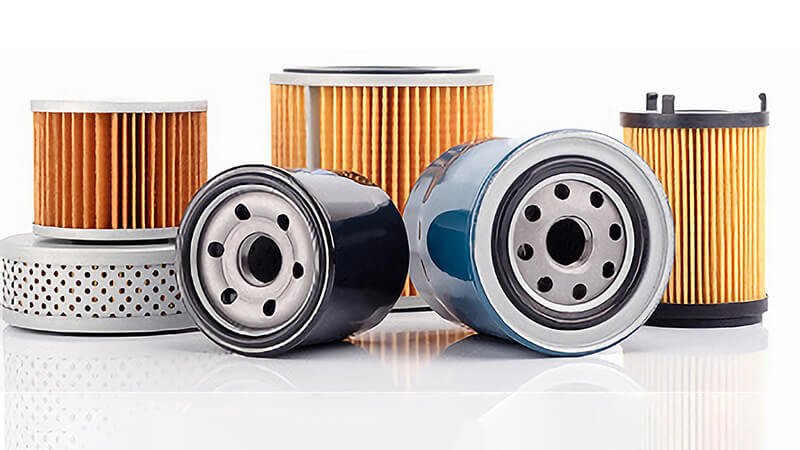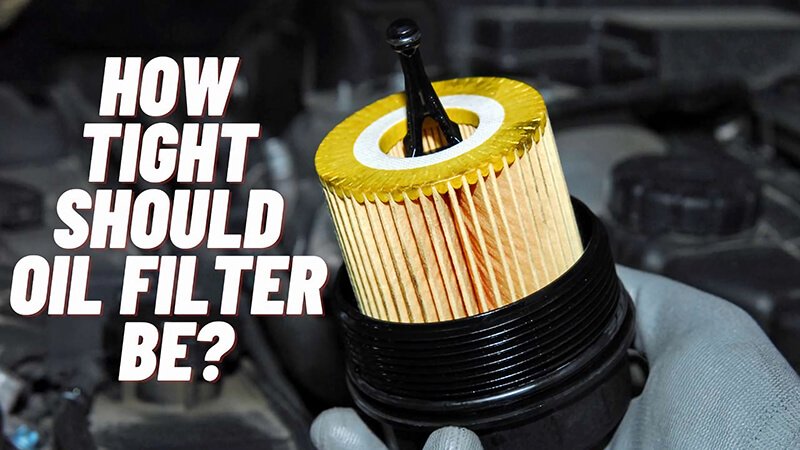Many car owners feel confused when they see oil filters of different sizes listed for the same vehicle. This problem causes doubt and frustration, especially for those who want to avoid mistakes during service.
Oil filters come in different sizes because engine designs, oil flow demands, and valve specifications vary, even within the same car model. Using the wrong size can cause leaks, poor oil circulation, and reduced engine protection.
I once worked with a client who thought size did not matter and kept buying random filters. He faced leaks and low oil pressure. After switching to correct Runex Auto oil filters, his problems stopped. That moment showed me how precision brings both performance and peace of mind.

Why Are My Oil Filters Different Sizes?
It is natural to feel worried when two filters of different heights or diameters claim to fit the same engine. This creates confusion for mechanics and procurement managers alike.
Oil filters differ in size because of design variations in engine compartments, oil flow rate requirements, and the need for specific bypass valve settings. These differences exist even within one car model across production years or regions.
Understanding the Variations
When I checked Runex Auto’s catalog for filters, I noticed that one car might need multiple options depending on trim or engine code. Here are the main reasons:
| Reason | Explanation | Example Case |
|---|---|---|
| Engine Compartment Space1 | Limited space forces different filter heights | Compact models with turbo engines |
| Oil Flow Rate | Larger engines need higher flow capacity | V6 vs. inline-4 versions of the same car |
| Thread Size | Varies by engine block and housing design | 3/4"-16 vs. M20x1.5 threads |
| Bypass Valve Specs2 | Protects engine during cold starts or clogging | Filters with 8–12 psi vs. 15–20 psi bypass pressure |
These differences are not mistakes. They reflect engineering adjustments that ensure the filter works with the oil system, not against it.

Are Oil Filters One Size Fits All?
It might seem logical to think one oil filter could fit many cars. After all, they look similar and perform the same basic function. But this idea is misleading.
Oil filters are not one size fits all. Even small differences in diameter, thread pitch, or gasket placement can make a filter incompatible with the engine’s oil system.
The Truth About Compatibility
I often explain to clients that choosing a filter by “looks” is risky. At Runex Auto, we manufacture filters to exact tolerances because small differences make big impacts:
| Component | Why It Matters | What Happens if Wrong? |
|---|---|---|
| Thread Pitch3 | Needs exact match with housing | Cross-threading or loose fit |
| Gasket Placement | Must seal against proper surface | Oil leaks at startup |
| Filter Height | Impacts clearance in engine compartment | Contact with engine parts or vibration issues |
| Bypass Valve Calibration4 | Regulates oil flow during restriction | Unfiltered oil bypassing too often |
That is why Runex Auto oil filters are engineered for precision. One millimeter off in design could mean thousands in repair costs.

What Happens if You Put the Wrong Size Oil Filter on Your Car?
The temptation to use a cheaper or “close enough” filter is strong. Some workshops even think small differences do not matter. But the risks are real.
Using the wrong size oil filter can cause leaks, reduce oil pressure, block oil circulation, and shorten engine life. The damage may not show immediately, but it builds up over time.
Real-World Consequences
I once helped a distributor who kept receiving warranty returns. His clients used mismatched filters5 that “fit” but did not perform. Here is what I found:
| Wrong Filter Problem | Short-Term Effect | Long-Term Effect |
|---|---|---|
| Poor Seal | Visible leaks after oil changes | Damaged gaskets, mess in engine bay |
| Low Oil Pressure | Warning lights during cold start | Worn bearings, reduced engine life |
| Flow Restriction | Engine noise at high RPM | Overheating, sludge build-up |
| Wrong Bypass Pressure | Oil bypass too early or too late | Unfiltered oil circulation or engine wear |
When I convinced him to switch fully to Runex Auto certified oil filters6, complaints disappeared. That proved quality and correct sizing always win in the long run.

Does It Matter What Size Oil Filter You Use?
Some mechanics say size is not critical as long as the filter screws on. This belief leads to costly mistakes for fleets and individual drivers.
Yes, size matters. The right filter size ensures proper oil flow, pressure balance, and filtration efficiency. Using the wrong one risks safety, performance, and customer trust.
Why Size Precision Matters
From my experience, oil filters7 are not interchangeable parts. They are tuned to the system. Runex Auto engineers design filters to protect engines under stress. Here is why:
| Filter Feature | What Correct Size Ensures | Risk If Wrong Size |
|---|---|---|
| Height and Diameter | Perfect fit inside engine bay8 | Contact damage or vibration |
| Media Surface Area | Enough capacity for oil volume | Early clogging, poor filtering |
| Thread and Seal | Secure attachment and no leaks | Stripped threads, oil starvation |
| Valve Specs | Smooth oil flow during pressure drop | Wrong pressure spikes, reduced protection |
I believe reliability comes from precision. Every correct filter we deliver gives peace of mind to workshops and drivers who trust Runex Auto.

Conclusion
Oil filter9 size differences are not random. They exist because engines demand specific designs for safety, oil flow, and durability. Wrong choices bring risks like leaks, low pressure, and costly repairs. The safest path is always to use certified, correct-fit oil filters. At Runex Auto, we see quality not as an option but as a promise to keep engines running strong.
-
Understanding how engine compartment space affects filter design can help you choose the right filter for your vehicle. ↩
-
Exploring bypass valve specifications can provide insights into how they protect your engine during various conditions. ↩
-
Understanding thread pitch is crucial for ensuring a proper fit and preventing costly damage to your engine. ↩
-
Learn how proper calibration of the bypass valve can protect your engine from unfiltered oil and extend its lifespan. ↩
-
Learn about the issues caused by mismatched filters to understand the importance of using the right components for your vehicle. ↩
-
Explore the advantages of Runex Auto certified oil filters to ensure optimal engine performance and longevity. ↩
-
Understanding the unique design of oil filters can help you choose the right one for your engine, ensuring optimal performance. ↩
-
Exploring the significance of a perfect fit in the engine bay can enhance your knowledge of vehicle maintenance and performance. ↩
-
Find the best auto oil filter from Runex. ↩












